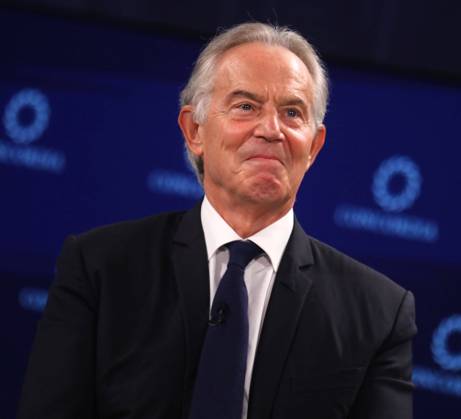The Political Legacy of Tony Blair

Introduction
Tony Blair, who served as the Prime Minister of the United Kingdom from 1997 to 2007, remains one of the most significant figures in British politics. His premiership marked a transformative period in the UK, characterised by a centrist approach to governance and a commitment to modernising the Labour Party. As recent discussions on political leadership and its impact intensify, understanding Blair’s legacy becomes increasingly relevant.
Major Policies and Achievements
Blair’s tenure was defined by several key achievements. One of his most notable policies was the introduction of the minimum wage in 1999, which aimed to improve the living standards of low-income workers. Under his leadership, the government also invested heavily in public services, particularly education and health, resulting in increased funding for schools and the NHS.
Furthermore, Blair played a significant role on the international stage. His decision to support the United States in the 2003 invasion of Iraq has been a point of major contention, raising questions about the ethical implications of military intervention. This involvement has coloured much of the public perception of his time in office, overshadowing many of his domestic accomplishments.
Challenges and Criticisms
Despite his many successes, Blair faced considerable criticism during and after his premiership. The Iraq War significantly damaged his reputation and led to accusations of misleading Parliament and the public. Critics argue that his close relationship with US President George W. Bush compromised Britain’s political autonomy.
Blair’s government also faced challenges related to public opinion and party unity. The rise of the Conservative Party in subsequent years highlighted divisions that began to emerge within the Labour Party during his leadership, ultimately leading to the party’s electoral challenges in the post-Blair era.
Current Relevance and Conclusion
Today, Tony Blair’s influence continues to shape British politics, both through ongoing debates about his legacy and the lessons new leaders can draw from his experiences. As the UK navigates a politically and economically challenging landscape, understanding the implications of Blair’s governance is vital. While his policies laid the groundwork for considerable advancements in various sectors, the controversies surrounding his international decisions serve as a cautionary tale about the complexities of political leadership.
In conclusion, Tony Blair’s legacy is a mixed tapestry of achievement and controversy. As future leaders look to balance domestic ambitions with international commitments, the lessons learned from his time in office will undoubtedly remain pertinent in the evolving political climate of the UK.





